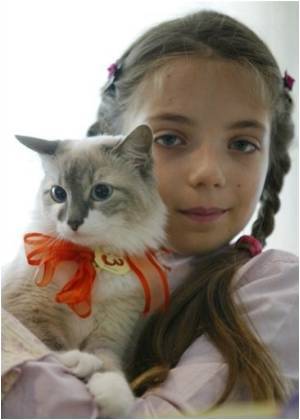
Pet owners are not being told about the new guidelines on so-called core vaccines and many vets continue to recommend annual core vaccinations. The problem is compounded by the fact many of the labels on vaccines still state they can be used annually. The Australian regulator, the Australian Pesticides and Veterinary Medicines Authority (APVMA), is working with manufacturers to update this information.
There are many obstacles in the way of ensuring all Australian vets operate by the new guidelines. The veterinary profession is self-regulated and vets are not required to join the Australian Veterinary Association (AVA) or follow its guidelines. The AVA has about 6000 members, accounting for approximately 60% of the veterinary profession.
Some pet owners who have lost their pets have joined forces to raise awareness and lobby for changes to the system.
An industry survey found “89% of veterinarians indicated that dog and cat vaccinations were the number one contributor to practice turnover, and 91% of vets felt that a change from annual vaccination would have an adverse effect on their practice turnover”.
Dr Richard Squires, an associate professor and Head of Veterinary Clinical Sciences at James Cook University, told CHOICE that vets may be reluctant to switch to triennial vaccinations because they’re closely following the manufacturers’ recommendations on the label. “To use vaccines in an off-label manner may lay the vet open to serious legal consequences if a vaccine used off-label failed to protect an animal.”
Advertisement
To approve the recommended revaccination interval on vaccine labels, the Australian Pesticides and Veterinary Medicines Authority (APVMA) requires duration of immunity (DOI) studies by vaccine manufacturers. However, manufacturers are only required to supply minimum DOI data, so the vaccine could provide immunity for a longer period than stated on the label. In its position statement released earlier this year, the APVMA says it does not support labels that direct or imply a universal need for life-long annual revaccinations with core vaccines, and it is currently working with vaccine manufacturers to update these labels.
Advertisement
She believes an adverse reaction to a vaccination killed her pet dog Sasha in 2008.
"My dog had to be put down. It was completely unexpected and very upsetting," she said.
Other pet owners also claim their animals died unexpectedly after being vaccinated and global veterinary authorities agree there is a risk.
The World Small Animal Veterinary Association (WSAVA) guidelines state: "Vaccines should not be given needlessly. We should aim to reduce the vaccine load on individual animals in order to minimise the potential for adverse reactions to vaccine products".
An expert opined that a dog immunized as a pup might never need another core vaccine in its lifetime.
But Ms Hart says pet owners are not being told about the changes and many animals are still receiving injections annually.
"Vets are just ignoring these new guidelines. This is a way of generating income. It's a way of making pet owners bring their pets back to the clinic every year," she said.
But Barry Smyth from the Australian Veterinary Association rejects suggestions vets are profiteering through over-vaccination.
"Profit is not the prime motivation. The main motivation is the welfare of the animal. Decisions to vaccinate are based on a wide variety of factors, including the age and lifestyle of the pet," he said.
"Vets are just ignoring these new guidelines. This is a way of generating income. It's a way of making pet owners bring their pets back to the clinic every year," she said.
But Barry Smyth from the Australian Veterinary Association rejects suggestions vets are profiteering through over-vaccination.
"Profit is not the prime motivation. The main motivation is the welfare of the animal. Decisions to vaccinate are based on a wide variety of factors, including the age and lifestyle of the pet," he said.
Source-Medindia







